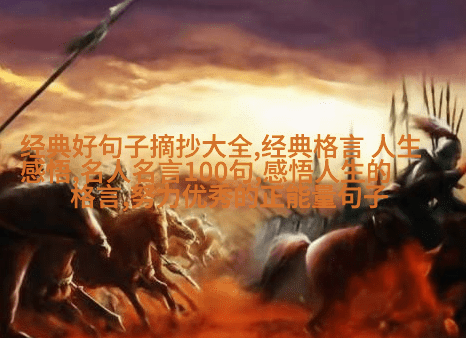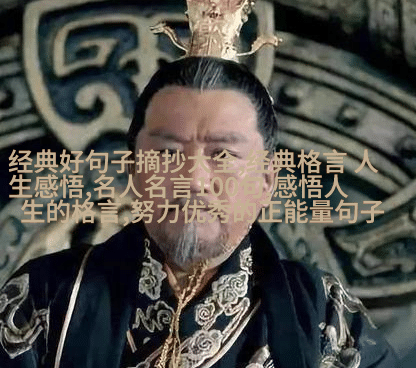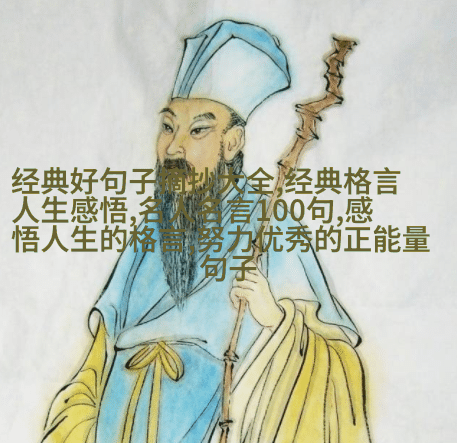走进古代寻找未来分析杜甫最著名20首诗中的哲学思考
在中国文学史上,杜甫是被广泛赞誉的诗人,他以其深邃的思想、丰富的情感以及对社会现实的敏锐洞察而闻名。他的《杜甫诗选》中,有20首作品被普遍认为是他最著名的,这些诗歌不仅展现了他的艺术成就,也反映了他对生活、历史和哲学思考的一种独特见解。

探索人生与命运
杜甫在《登鹳雀楼》、《望庐山瀑布》等作品中,不断地探讨着人生的意义和命运。他通过描绘自然景象来抒发自己对于生命无常和宇宙奥秘的深刻感慨。例如,在《春望》一诗中,杜甹借助春天作为背景,对国家大事进行批判性的反思,并表达了自己的忧国忧民之情。这不仅展示了他对政治问题的关注,更体现了一种超越个人境遇,关心集体命运的人格魅力。

面向历史与时代
在《秋兴八首·其四》的开篇,“江南好风光”,提醒我们即便是在美丽多姿的自然景观前,我们也不能忽视时代变迁带来的苦难。在这样的背景下,我们可以看到杜甹试图将个人的感情融入到更广阔的历史视野之中,从而形成一种既有个性化表达又能触及普遍性主题的心灵状态。

追求正义与道德
《滕王阁序》的开篇“日照香炉生紫烟”,用来形容那宁静祥和的地方氛围,但随后转折为“遥想公子弟兄泪眼潇潇”。这段描述从平静到激动的情绪转换,表现出作者内心深处对于正义失衡感到愤懑,同时也揭示了作者坚持道德原则并非易事。这种情感上的冲突,是一个典型的人文主义者所具备的心态,它强调每个人都应该承担起维护社会公正和道德规范责任。

抒写爱情与友谊
除了以上几点,还有一些如《夜泊牛渚怀古》,虽然更多的是抒写战乱年代留下的凄凉景象,但其中也有关于爱情与友谊的情感流露,如:“长恨此身非我有,但愿今朝知万里。”这种对于亲密关系真挚感情的一再肯定,无疑也是哲学思考的一部分,因为它展现了一种超越瞬间痛苦,而是选择去珍惜现在、珍惜那些能够给予支持的人这一永恒的话题。

生活哲学——接纳变化
最后,《绝句·咏柳》中的“柳丝轻摇雨声细”、“草色绿新笼小池水”,让人仿佛置身于一片清新的世界。但这里更重要的是,那样的安宁不是没有代价获得,而是在经历风雨之后得以实现。这不仅是一个简单的事物描述,更是一种生命哲学,即面对不断变化的情况,要学会接受并适应,以达到一种内心平静状态。在这个过程中,可以看出作者对待生命充满智慧,对抗困境时依然保持乐观的心态,这本身就是一种高尚且值得学习的精神品质。
总结来说,DUPO’s most famous 20 poems not only showcase his mastery of poetic form and style, but also reflect a profound philosophical perspective on life, history, and the human condition. These works serve as a testament to his enduring legacy and continue to inspire readers with their timeless themes and messages of hope, justice, and resilience in the face of adversity.
By exploring these poems through the lens of philosophy, we can gain a deeper understanding of DUPO's artistic vision and intellectual curiosity, as well as the cultural context in which he wrote them. As we contemplate these masterpieces from centuries past, we are reminded that poetry is not just an aesthetic pleasure but also a powerful tool for introspection and personal growth.
In conclusion, studying DUPO's most famous 20 poems offers us a unique opportunity to engage with his literary genius while also reflecting on our own lives and values. By examining how he grappled with fundamental questions about existence through his poetry – such as what it means to be alive during times of turmoil or peace; how one should navigate relationships between friends; or how one should respond to injustice – we may find inspiration for our own quests for meaning in this ever-changing world.
As DUPO himself once wrote: "The wise man adapts himself to circumstances." In reading these remarkable poems by DUPO - truly some among China's greatest works - let us adapt ourselves anew each day by embracing change while staying true to our core principles: compassionately valuing others' perspectives even when disagreeing; empathetically understanding each other without judgment; striving towards unity amidst diversity; cherishing nature & nurturing sustainable future generations together!